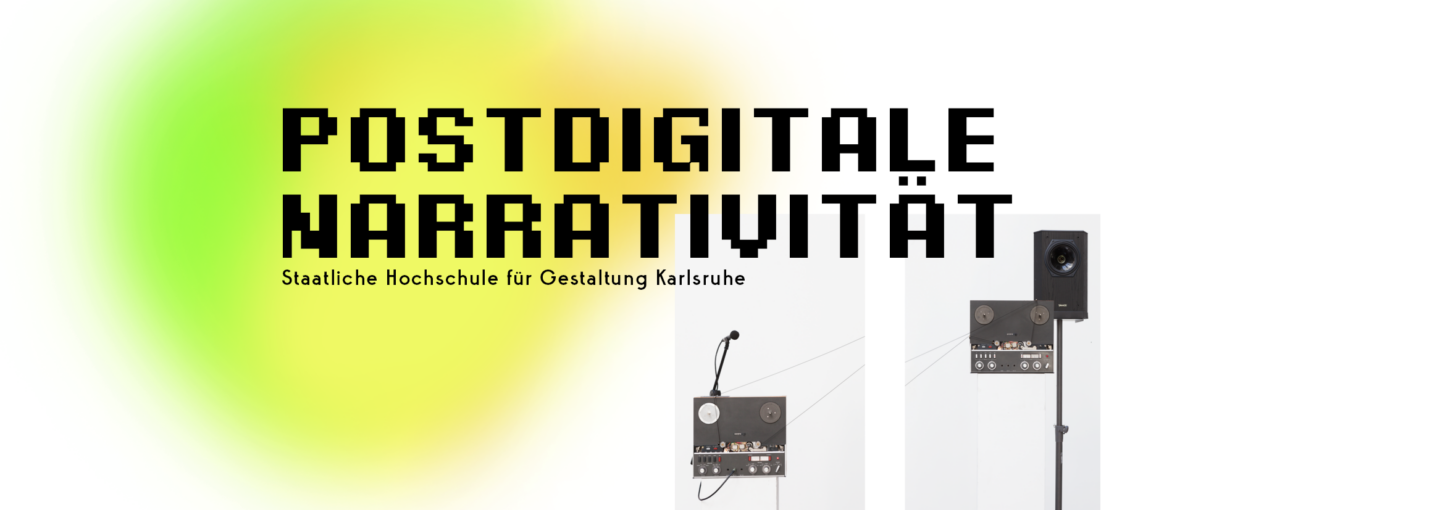
Label for Game Art and Pervasive Games
GAMELAB MISSION STATEMENT
by Adam Rafinski
The GameLab of the Institute for Post-Digital Narrativity at the Karlsruhe University of Arts and Design is a label for media art that approaches to the medium of gaming and contemporary game culture analytically. It is a reaction to two acute new developments:
(1) The digital game, as an independent medium that, in turn, the possibilties of the media arts make accessible to a diverse audience, is steadily gaining in importance as a narrative and artistic format of expression. Research on the expressive boundaries and possibilities of digital gaming systems is therefore the focus of interest. Innovative, critical and subversive strategies for dealing with this algorythmical mass medium are devised at the Institute for Post-Digital Narrativity and published via the GameLab.
(2) Through the contact with digital media, more and more areas of our daily lives are being infiltrated a consciousness of gaming. Under the heading “the extended definition of gaming”, GameLab has set itself the task of reaping artistic yields from the material of contemporary gaming, as well as from its implications for structuring real world models. With this, GameLab is not only pioneering in the media arts, but also highlights the importance of a consciousness of gaming in the context of our technology-satured society.
GameLab’s profile is distinguished by artistic production and research in game art, retro games, serious games, indie games, machinima, augmented reality, global positioning systems, social networks, stereoscopy, alternate reality games, pervasive games, playful boundary pushers and the extended definition of gaming. The label organizes exhibitions, publications, and public events such as screenings, performances, lectures and workshops, thus reaching a large audience with diverse insights into current developments and research issues surrounding the extended gaming definition of the digital media arts.
The GameLab was brought into being in 2010 by Professor Michael Bielicky, Adam Rafinski and Jens M. Stober.
